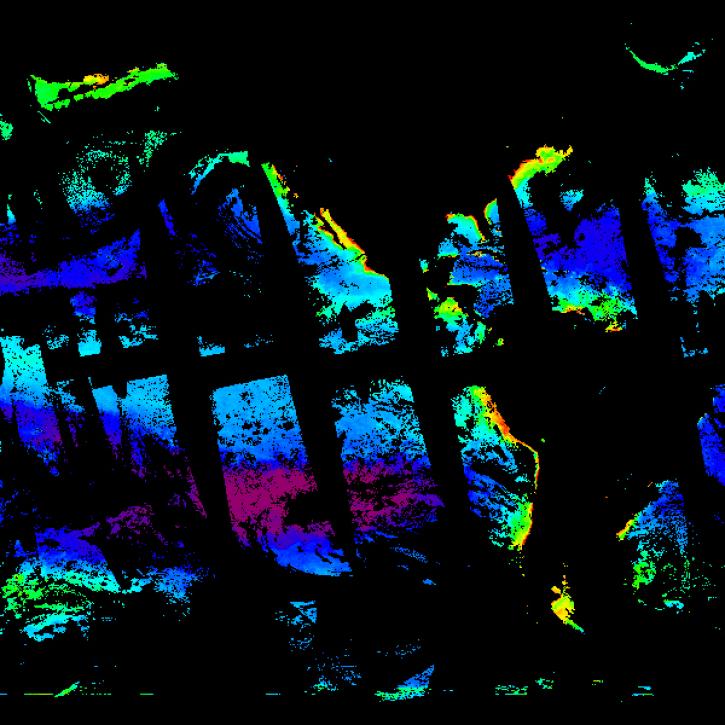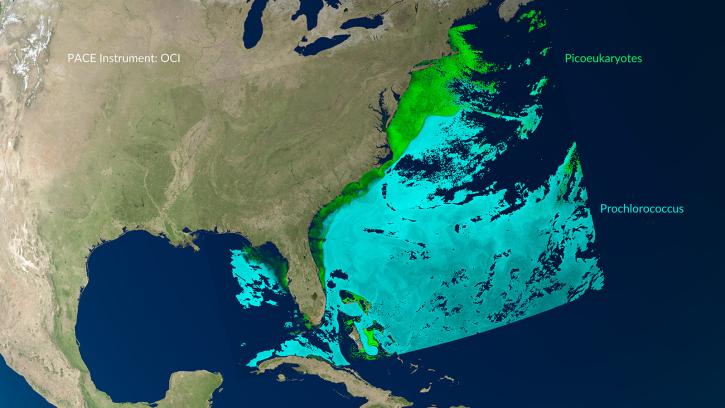Content from all Earth science data sites are migrating into this site from now until end of 2026. Not all NASA Earth science data will appear across the site until then. Thank you for your patience as we make this transition.
Read about the Web Unification Project
Water Quality Data Access and Tools
From discovery to visualization, data tools such as Earthdata Search, Panoply, and SeaDAS guide users in making the most of water quality data.
Table of contents
Water Quality Data Tools
| Tool Sort descending | Description | Services | |
|---|---|---|---|
| CASEI | The Catalog of Archived Suborbital Earth Science Investigations (CASEI) is a comprehensive inventory of contextual information for NASA's Earth Science airborne and field campaigns. | Search and Discovery, Cataloging | |
| CyAN File Search | The CyAN File Search tool allows users to choose an area over the continental United States and Alaska to retrieve cyanobacteria datasets archived by the Cyanobacteria Assessment Network (CyAN) project. | Analysis, Search and Discovery, Visualization | |
| CyFi Explorer | CyFi Explorer enables users to view corresponding Sentinel-2 satellite imagery for each cyanobacteria estimate, and estimate cyanobacteria density. | Analysis, Search and Discovery, Visualization | |
| Panoply | Panoply is a cross-platform application that plots geo-referenced and other arrays from netCDF, HDF, GRIB, and other datasets. | Visualization, Customization, Reformatting, Subsetting, Comparison |
SHOWING 4 OF 4
Featured Water Quality Observation Method: PACE
NASA's Plankton, Aerosol, Cloud, ocean Ecosystem (PACE) platform measures the distribution of phytoplankton, a key indicator of ocean health. Aboard PACE is the Ocean Color Instrument (OCI), a highly advanced optical spectrometer used to measure substances or particles present in seawater such as chlorophyll, a green pigment found in most phytoplankton species. Monitoring global chlorophyll and phytoplankton distribution and abundance help us better understand water quality and the complex systems that drive ocean ecology.
Simulated data help Plankton, Aerosol, Cloud, ocean Ecosystem (PACE) users prepare a day in the life of the new satellite.
6 MIN READ
A series of Jupyter notebook tutorials show how to retrieve and use data from NASA's Plankton, Aerosol, Cloud, ocean Ecosystem (PACE) mission.
Frequently Asked Questions
Earthdata Forum
Our online forum provides a space for users to browse thousands of FAQs about research needs, data, and data applications. You can also submit new questions for our experts to answer.
Submit Questions to Earthdata Forumand View Expert Responses
